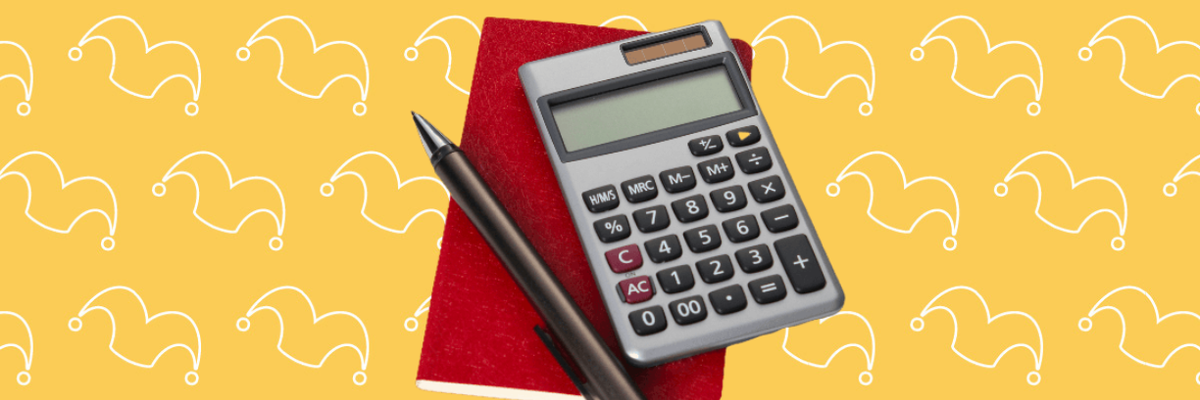CDs vs. Money Market Accounts: How to Choose What's Best for You
KEY POINTS
- CDs are well known for their high rate of return over a set period of time, but the limits aren't practical for everyone.
- Other people might benefit from the flexibility that a money market account provides, even if the interest rate can change while you're saving.
So, you've fallen onto some good luck, have a chunk of change in hand, and you're trying to figure out how best to manage it. It's a smart move on your part, rather than spending it on a new car or a fancy dinner at the Olive Garden. Cars and never-ending breadsticks are great, but they won't keep you warm in six months, a year, or even five years.
However, growing your newfound windfall might be able to do just that. Or maybe pay for college, or possibly help you buy a house of your own. So it's really important that you understand the savings vehicles available to you.
When trying to choose between certificates of deposit (CDs) and money market accounts (MMAs), the best way to choose the option for you is to ask yourself these questions.
1. How long do I want to invest?
CDs and MMAs are pretty similar from the outside looking in, so rather than worry about the mechanisms that power them, it might be more important to talk about your investing goals. How long you hope to hold your investment really matters when you choose a savings vehicle.
CDs have fixed terms during which you can't add or subtract from your funds, and the terms are determined by you. You can choose terms from six months to many, many years. Right now, the best-paying CDs tend to be 6-month to 18-month CDs, making them very appealing for short-term savers. They also have fixed interest rates.
But if you want to save a bit longer, and take a chance on earning some bonus interest, an MMA might be your better bet. They don't have fixed terms like CDs, and they have variable interest rates. But both of those things put together mean that in times of rising interest rates, you may find yourself money ahead as MMA interest rates soar over time.
2. Will I need to access these funds early?
Another vital element in the decision of CDs versus MMAs is whether or not you'll need to access the money before you need it for whatever your savings goal is. With CDs, taking out money early will mean forfeiting some amount of your earned interest, depending on how long the CD is for, and how early you withdraw your money.
MMAs, on the other hand, work more like checking accounts in this respect. Although there's often a limit to the number of transactions you can make, you are allowed to both remove and add money at will to your money market account without penalty. Interest is generally calculated daily, so you simply miss out on the interest on the money you've removed for the days it's gone.
If you think you'll need to access your funds at some point before your big vacation or purchase, an MMA is a far superior vehicle for holding your funds. The interest rates are similar to CDs right now, and you can always cash your MMA out and put it into a CD if that environment changes.
3. Does the interest rate outweigh the fees?
Now, for the more accounting nerd portion of the equation: When you're looking at CDs and MMAs, you have to also look at the fees versus the interest you'll earn. CDs don't generally have fees unless you withdraw early, but MMAs sometimes do, since they're a more actively managed investment.
The best money market accounts have very few fees, maybe just a monthly fee if your balance dips below a set level, or an interest rate tier based on your balance. But it's important to know and understand what fees might be assessed and what they will cost you if they are. For example, if you know that you'll stop earning the highest interest rate if your balance drops below $1,000, that can be a problem if you expect you'll need to withdraw some money at some point from your MMA.
That could make a CD versus MMA argument tilt in favor of a smaller, but stable, CD, with the balance in a regular high-yield savings account.
Choose an investment that works for your lifestyle
A lot of times, we like to believe that we're different kinds of people than we really are. There's nothing wrong with aspirational thinking, except when it comes to investing. Aspirational investing gets people into a lot of trouble, so when you're thinking about CDs versus MMAs, you need to think about who you are as a banking customer.
Are you a person who tucks away money and never looks at it again? In that case, a CD might work well for you. But if you're really, truly a financial goblin like I am -- someone who has the best of intentions, but sometimes tries to pack far more money than the budget allows into a savings vehicle and then has to take it back out to make the books balance -- an MMA makes a lot more sense due to the flexibility of the product.
Our Research Expert




